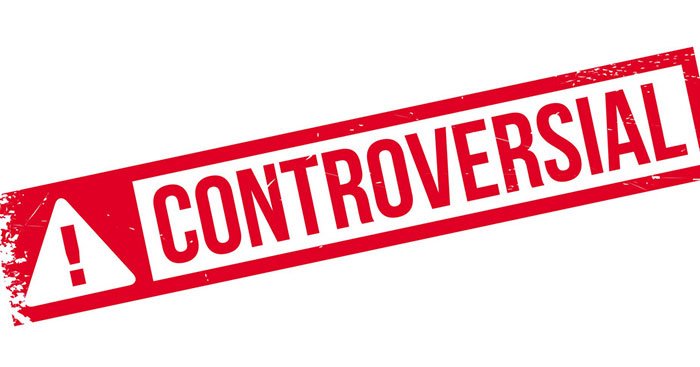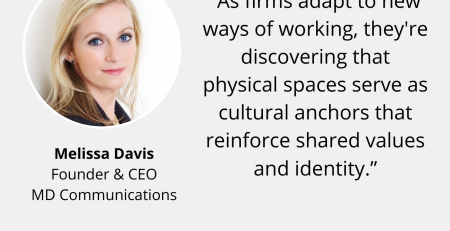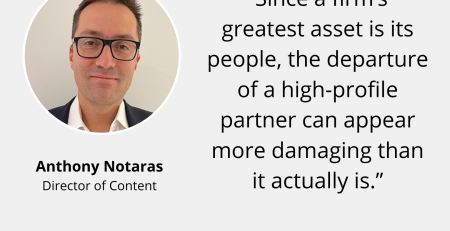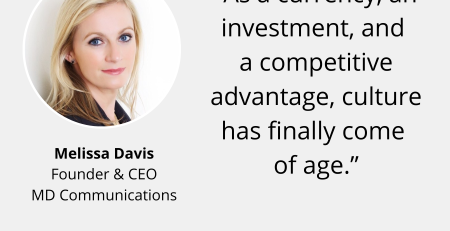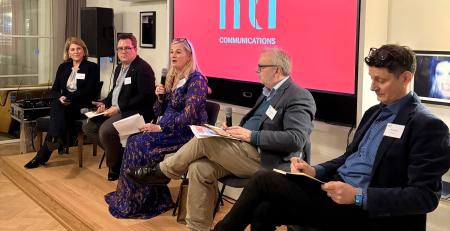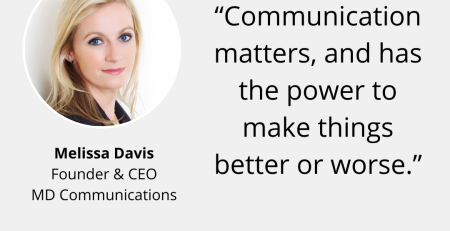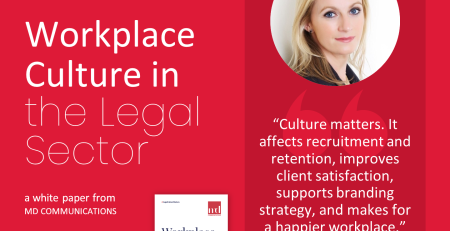Unless you’ve had all news and social media switched off recently you’ll have seen the latest Gillette ad. The one which shows a range of suboptimal male behaviour, including sexual harassment, before switching to examples of men at their best – intervening in playground fights, sticking up for women and much, much more.
It fits with the #MeToo era, where bad behaviour is hopefully less likely to be ignored.
The ad has been the subject of news reports, many column inches of commentary, the subject of letters, tweets, Facebook updates and debates down the pub. The BBC doesn’t take adverts, but it has broadcast the resulting controversy.
Blanket coverage. But how has it worked, and is it a good idea?
- Built on the brand: ‘The best a man can get’ is Gillette’s original, famous slogan. It’s one of advertising’s most famous, and building brand identity is expensive and time-consuming. The company is linking to its powerful existing brand, to save time and money by adopting the variant ‘the best men can be’. It’s like when Absolut Vodka produces bottles in surprising new colours, but sticking with the rest of its form and branding.
- Using controversy: Most brands want to have an impact and to be a talking point, but how to stand out? Many are shy of controversy, so their attempt at being a talking point fails. This ad puts the brand firmly in the middle of an existing battleground – #MeToo versus the indignant #NotAllMen.
- Being careful: The ad is defendable – it isn’t sticking with the opening version of ‘manhood’. Piers Morgan may be impolitely ignoring the fact, but the ad includes, indeed endorses, some great examples of male behaviour.
- Picking a side: This isn’t such a bad idea as it sounds for a company trying to sell stuff. In trying to appeal to everyone all the time, brands become bland – they might as well be supermarket own-brand or generics. It’s a crowded marketplace, so you need to stand out and build loyalty among a core customer base. Most men would actually rather be seen as strong, ethical and good looking.
- Marketing as PR: marketing and PR do not always see eye-to-eye, but here they have worked in concert. PR will have been involved from the start, advising on how the ad will ‘land’ with the media, and what the company’s response to the controversy should be. You can’t control coverage, but you can prepare for it. And it’s the press coverage that’s given this advert its remarkable reach.
So even though, and perhaps especially because, Piers Morgan doesn’t like the ad, it gets the thumbs up from me – and by extension my husband and all my male friends who are still using their Gillette razors.
If you’d like to discuss strategies for standing out, for the right reasons, in your chosen market, I hope you’ll get in touch.
About us
MD Communications are experts at boosting the reputation of law firms and suppliers to the legal sector- whether that’s improving your social media presence, enhancing your legal directory submissions or raising your profile in the media.
Melissa Davis is the managing director of MD Communications, the international legal PR agency. She is also former chair of the IBA Law Firm Management Committee Business Development Working Group and a member of the ABA Transnational Legal Practice Committee.
MD Communications is on Twitter @mdcomms
Sign up for our newsletter
Our newsletter is full of useful tips and advice for law firms and suppliers to the legal sector who want to raise their profile.


